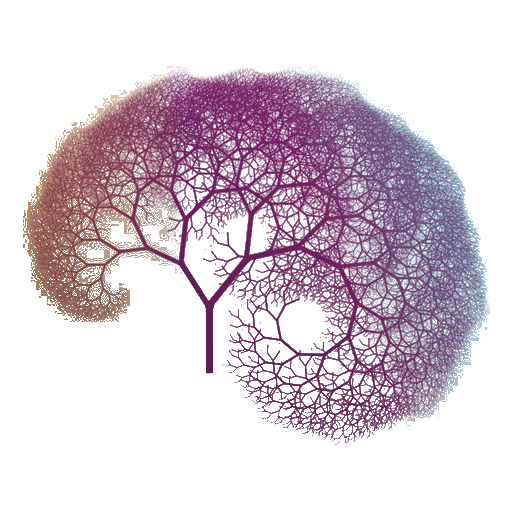The black sheep of the family isn’t any different from the rest of the family in terms of personality.
however, more deeply
or has access to more information
—
Is more sensitive to the causes of unresolved family dynamics than the average person
While the rest of the family is willing to abide by strategies for avoiding the sources of the pain and to build a family culture of values and identification around this avoidance, the underlying issues communicate themselves to the black sheep in a way that their psyche cannot ignore.
The black sheep can’t help but embody the energies that have been excommunicated by the rest of the flock. The fact that she is their home also means that she has the potential for profound alchemical stewardship and transformation of these energies.
The black sheep is a Lucifer—she who shines a light on the truth of the matter.
For the rest of the family, who isn’t yet ready for a change of such magnitude, she represents the end of an era in the way things have always been done in the household.
It is because they have learned that they must reject their own truths that they are rejecting this truth-teller. The depths of their pain’s legacy haven’t yet been fully resolved in their hearts, despite their best efforts.
It is possible for the black sheep to believe that the rest of the family is cruel and deafening, even abusive. Falsehood is encouraged by those who are unconcerned about the truth.
And while this is frequently the result, part of the journey of the black sheep is learning to have compassion for the reasons why the family is acting in this way: because they are scared and hurting and haven’t yet found a way to get through it.
The reason that accessing compassion is a beneficial goal for the black sheep is that it will allow her to break free from the shackles of victimization.
The only way to accomplish this is to free the other from the shackles of the perpetrator—this can be a difficult road to travel, but it is one that is richly rewarding once we begin walking down it.
When we forgive, we are recognizing the innocence or humanity that lies at the heart of our old wounds that we used to hold in judgment. In the same way that we come to terms with true, forgivable innocence at the heart of our own part of a dynamic, this is automatically and instantly applied to the other, whom we previously labeled as the perpetrator.
Paradoxically, the path to forgiveness, which can be a mountain with many ongoing summits, a continual deepening of the destination, is found in every emotion along the way, and this is where innocence and acceptance can be discovered. Our rage, our hatred, our fury, our loneliness, our spite and vengeance, our helplessness can all be resolved by finding innocence and understanding.
The path of forgiveness does not absolve us of wrongdoing; rather, it cloaks our boundaries in empowered compassion and transforms us into agents of our own liberation and healing.
One of the central themes of the story of the black sheep is the resurrection of truths they’ve always known and the transformation of those truths into assets in their interpersonal relationships.
All of this has to do with transforming our image from that of a black sheep to that of an empowered leader, from curse to blessing, and from burden to courageous heart. It is becoming more accepting of ourselves as a gift.
It is in the delicate process of re-establishing ourselves in new, healthy soil.
filled with the many-faceted abilities and nutrients that love has to offer.

